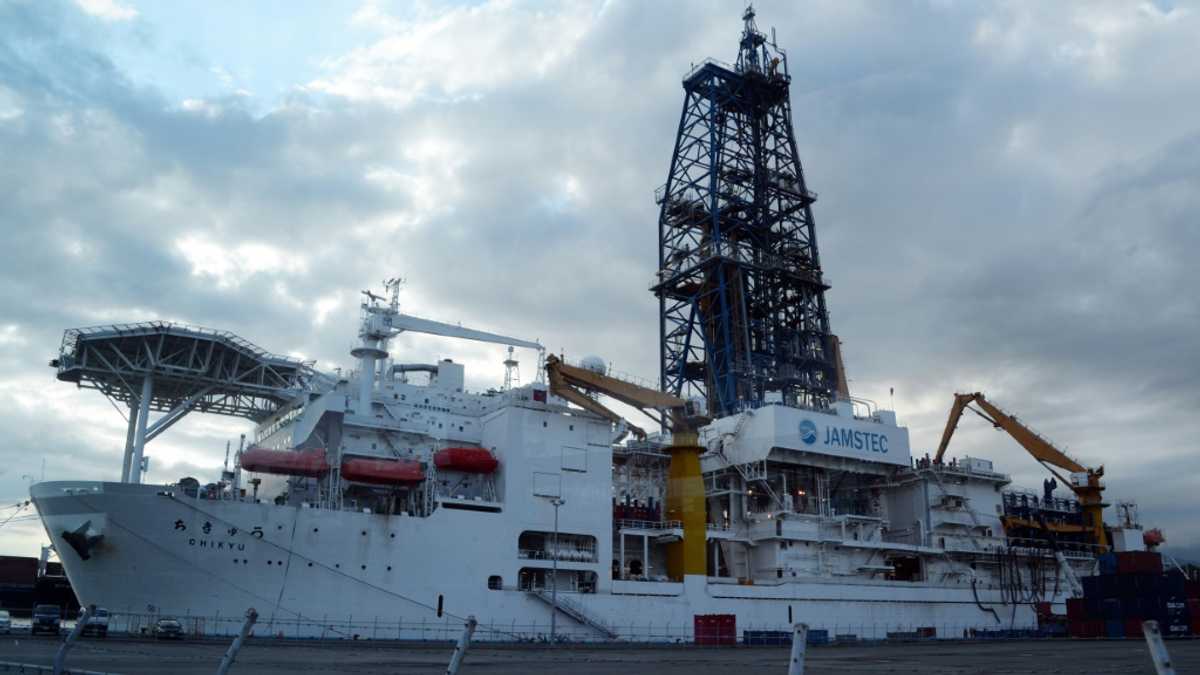Japan’s Deep-Sea Mining Initiative: A New Frontier for Rare Earths
Japan is set to embark on a groundbreaking initiative in January, aiming to extract rare earth minerals from the ocean floor. This ambitious project marks the first of its kind and is part of a broader strategy to secure critical resources essential for modern technology.
Global Concerns Over Resource Dominance
The move comes amid growing concerns over China’s overwhelming dominance in the rare earth market. China currently accounts for nearly two-thirds of global mining production and 92% of refined output, according to the International Energy Agency. In response, Japan has pledged to collaborate with the United States, India, and Australia to ensure a stable supply of these vital materials.
Rare earth elements are crucial for a wide range of technologies, including electric vehicles, hard drives, wind turbines, and even missile systems. Their importance cannot be overstated, as they underpin much of the modern technological infrastructure.
The Chikyu Mission: A World First
At the heart of Japan’s effort is the Chikyu, a deep-sea scientific drilling vessel. The ship will conduct a “test cruise” starting in January, focusing on retrieving sediments from the ocean floor that contain rare earth elements. Shoichi Ishii, director of Japan’s Cross-ministerial Strategic Innovation Promotion Programme, emphasized that this trial is unprecedented.
“The test to retrieve the sediments from 5,500 metres (3.4 miles) water depth is the first in the world,” Ishii stated. The primary objective of the mission is to evaluate the functionality of all mining equipment. According to Ishii, the quantity of sediment extracted is not the main concern.
The Chikyu will drill in Japanese economic waters near the remote island of Minami Torishima in the Pacific. This location, also used as a military base, is the easternmost point of Japan. The mission aims to extract approximately 35 tonnes of mud over three weeks. Each tonne is expected to contain around two kilograms (4.4 pounds) of rare earth minerals, which are essential for manufacturing magnets used in modern electronics.
Geopolitical Implications
Deep-sea mining has emerged as a significant geopolitical issue. The push by former U.S. President Donald Trump to expedite the practice in international waters has raised concerns among various stakeholders. In response, Beijing has implemented licensing requirements for exporting rare earths from China, a move seen as retaliation for U.S. trade restrictions.
This development underscores the increasing competition for control over critical resources. As nations seek to reduce their dependence on China, initiatives like Japan’s deep-sea mining project could play a pivotal role in reshaping global supply chains.
Environmental Concerns and Regulatory Frameworks
Environmental advocates have raised alarms about the potential impact of deep-sea mining on marine ecosystems. They argue that such activities could disrupt the seafloor and harm fragile underwater habitats. These concerns have prompted calls for stricter regulations and oversight.
The International Seabed Authority, which governs the ocean floor beyond national waters, is set to convene later this month to discuss a global code aimed at regulating deep-sea mining. This regulatory framework will be crucial in balancing resource extraction with environmental protection.
Conclusion
Japan’s deep-sea mining initiative represents a bold step towards securing access to rare earth minerals. While the project faces both technical and environmental challenges, it highlights the growing importance of diversifying resource supplies in a rapidly evolving global landscape. As the world continues to rely on advanced technologies, the quest for sustainable and secure sources of critical materials will remain a central issue for nations around the globe.







